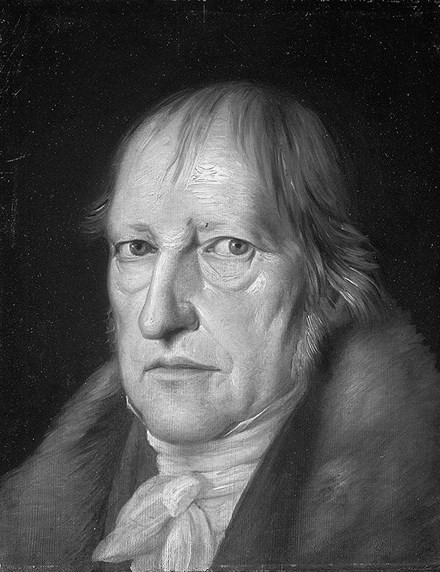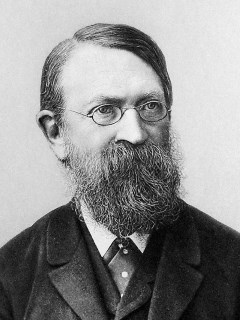

Mach, Utrecht, and Dutch philosophy
pp. 403-430
in: John Blackmore (ed), Ernst Mach — a deeper look, Berlin, Springer, 1992Abstract
A study of Ernst Mach's philosophical influence in the Netherlands and of ideas similar to his can scarcely avoid an initial conclusion that with comparatively few exceptions significant impact has been centered at a single university, though it has seemed to survive well there. It appears that virtually all the philosophy chairs at other Dutch universities from the late 19th century well into the 20th century were occupied by Neo-Kantians,1 who considered themselves to be supporters of what they called "critical philosophy", or by psychologists and Hegelians.2




